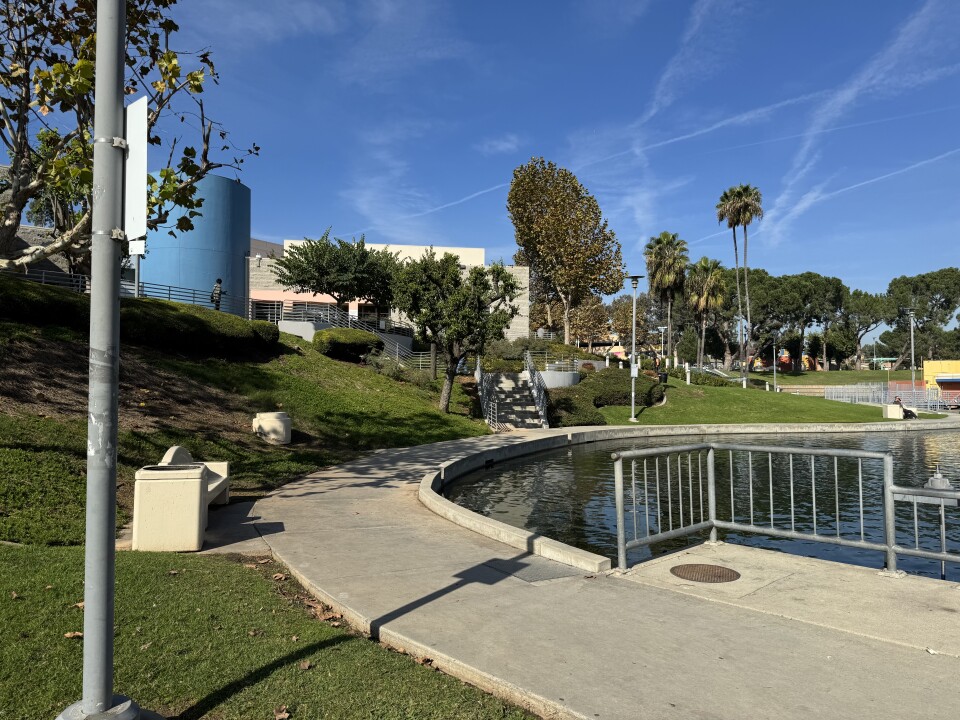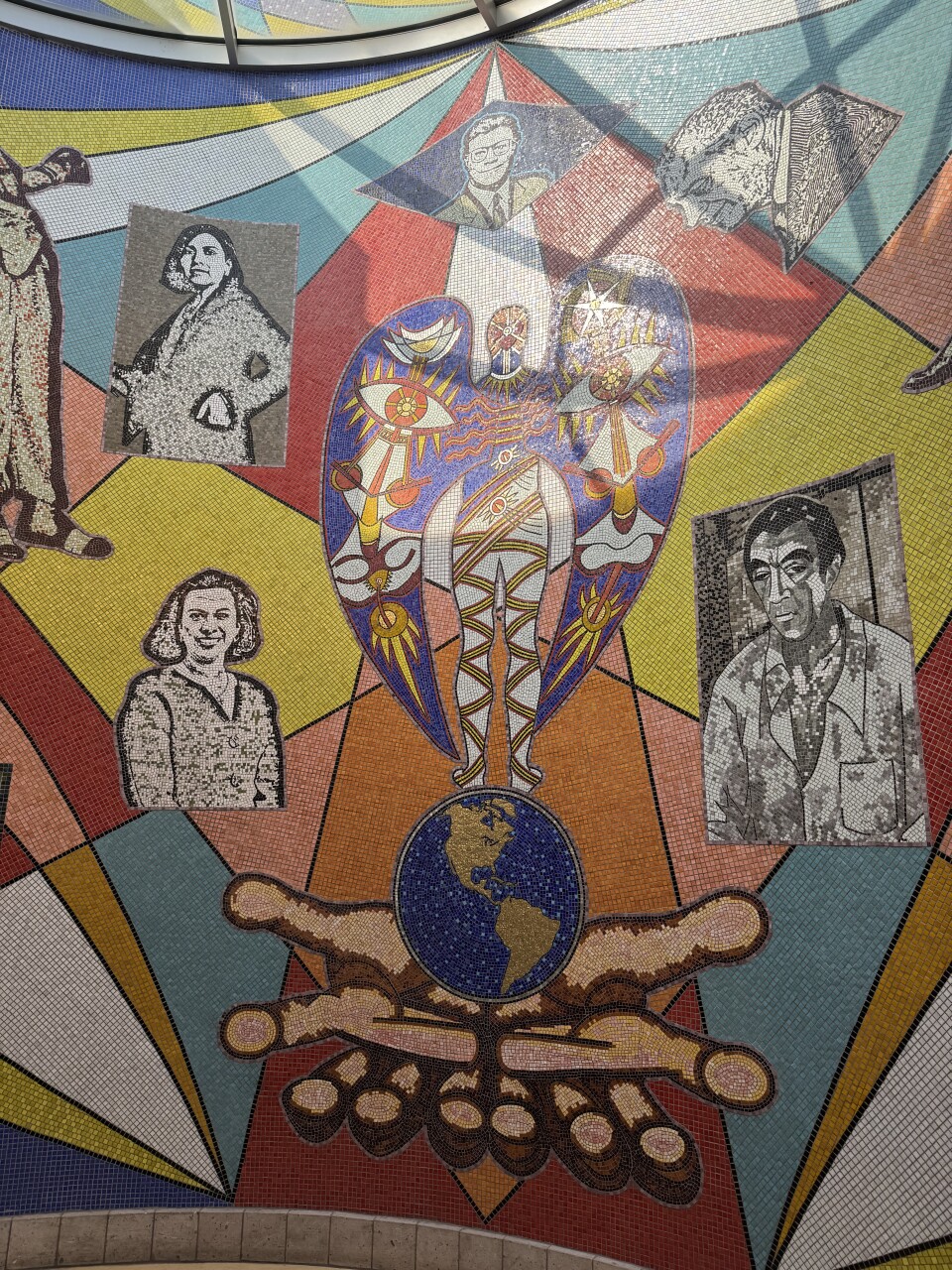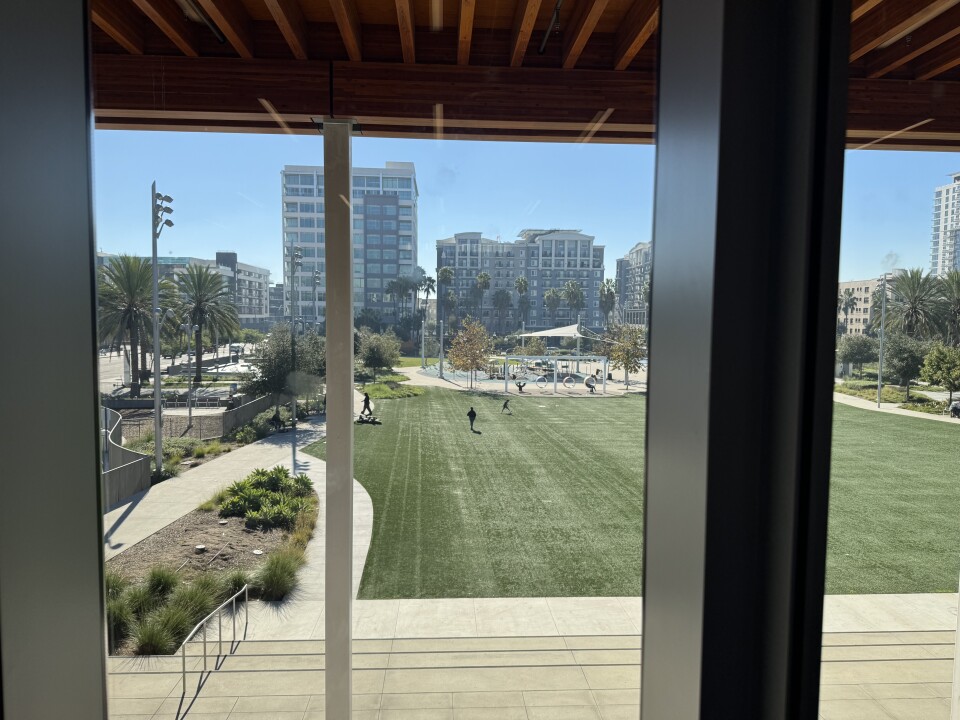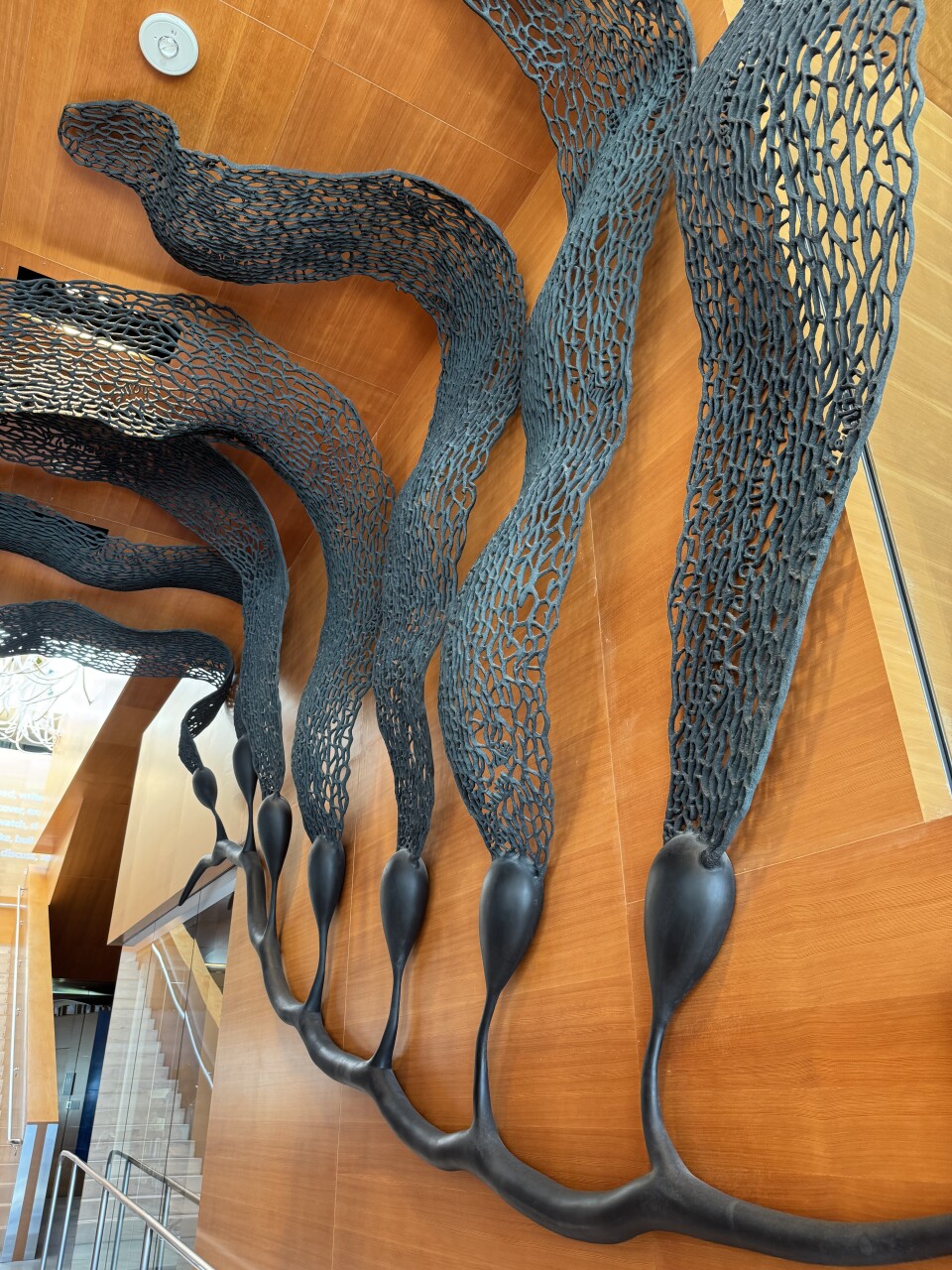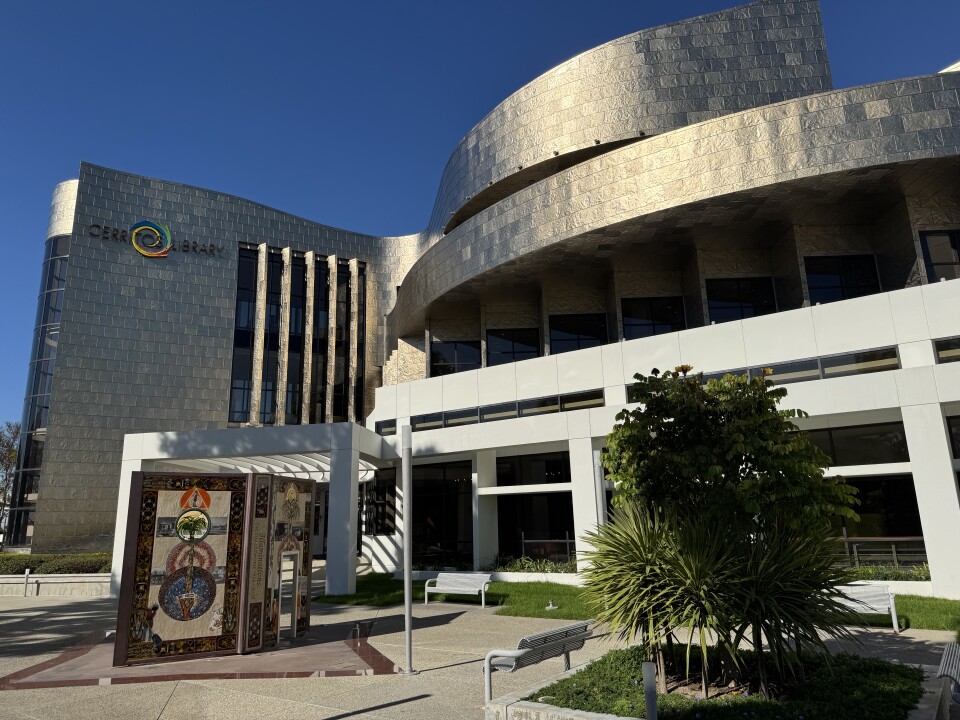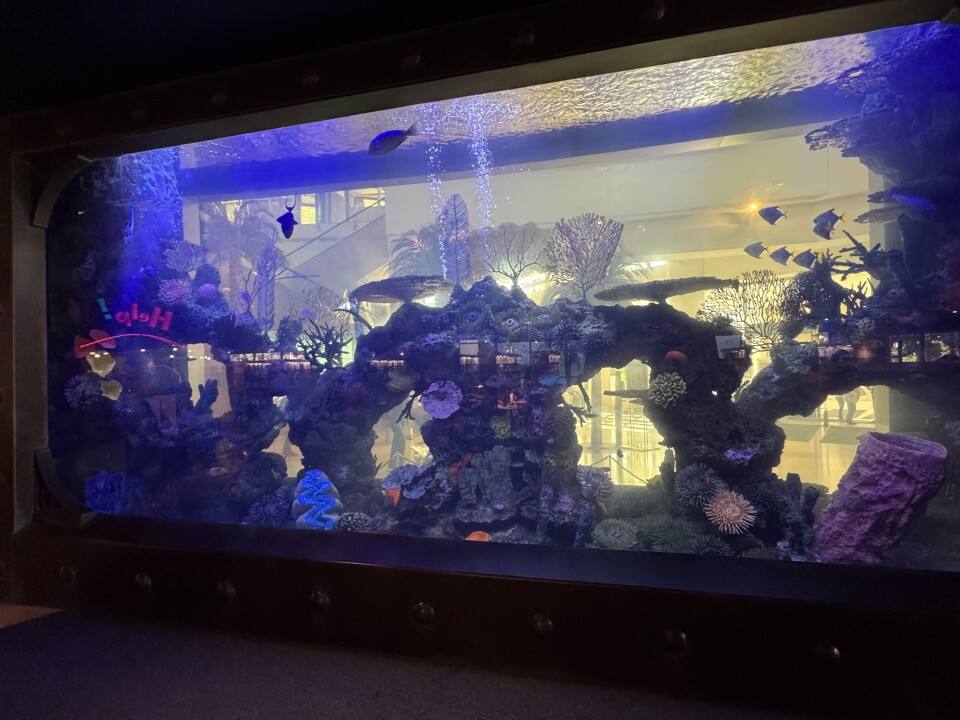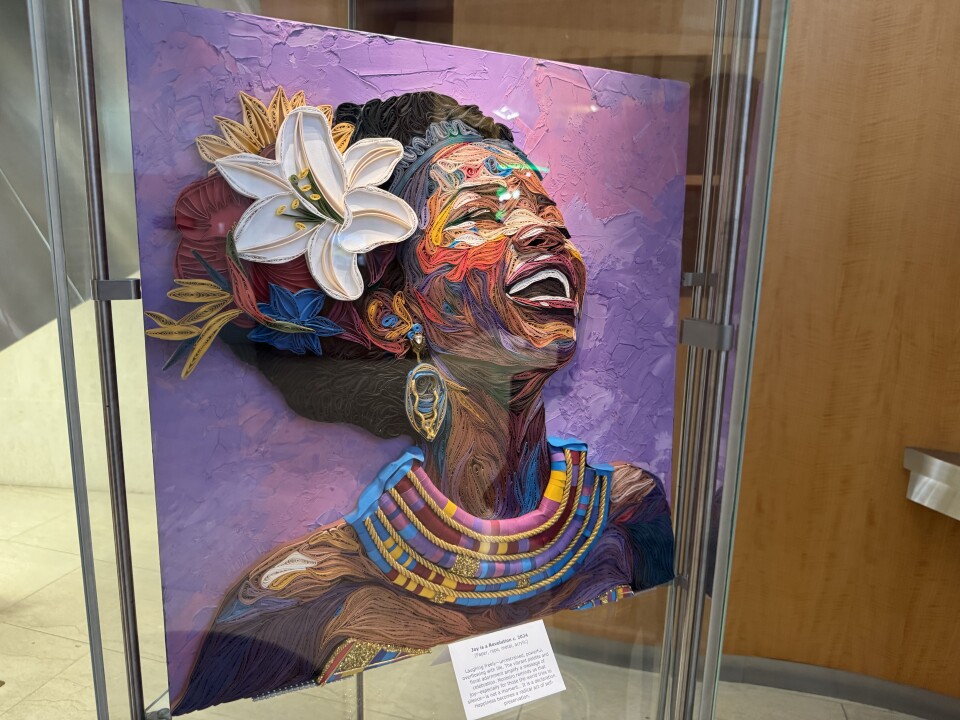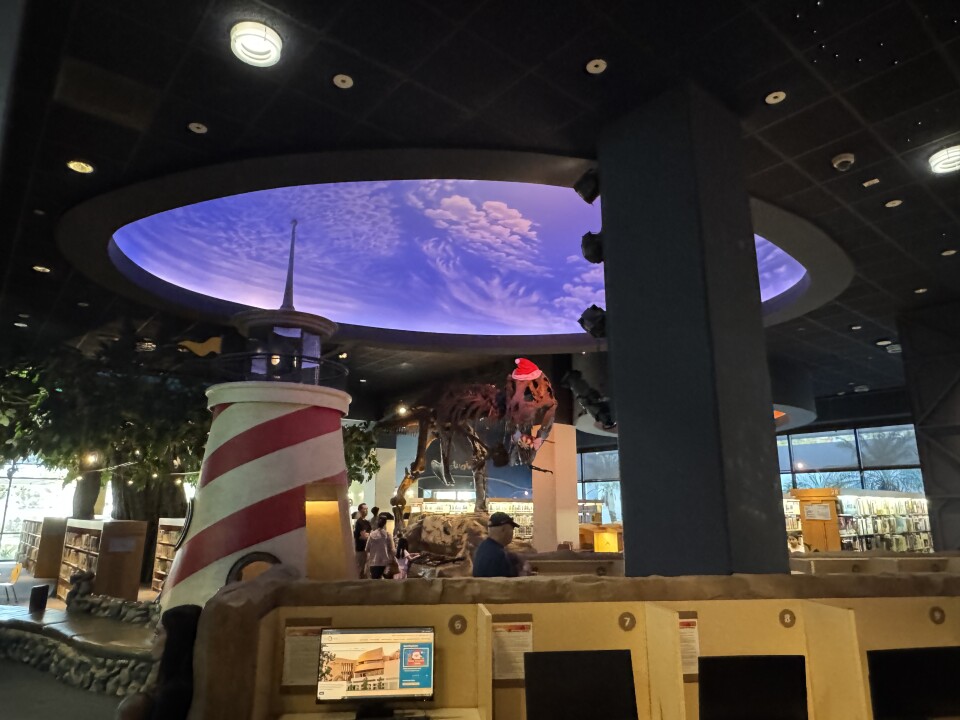For the millions of Americans who buy Affordable Care Act insurance, there’s still time left to enroll for 2026. But premium increases and the expiration of enhanced tax subsidies have led to larger-than-expected costs.
Concerned shoppers, wondering if there’s anything they can do, are consulting insurance brokers or talking to representatives at ACA marketplace call centers.
“We’re hearing from people with complex medical conditions who don’t think they can survive if they don’t have access to medical care,” said Audrey Morse Gasteier, executive director of the Massachusetts Health Connector, that state’s insurance marketplace.
And some are considering going outside the ACA to find more affordable options. But that requires caution.
Congress looks increasingly unlikely to extend the enhanced subsidies before the year’s end. Late Wednesday, the House passed a package of measures favored by conservatives that does not address the subsidies and is largely viewed as dead on arrival in the Senate. Earlier Wednesday, however, four GOP moderates joined with Democrats to sign a discharge petition to force a vote — likely in January — on a three-year extension. The Senate and President Donald Trump would also have to approve the measure, but if extended the subsidies could be applied retroactively.
Meanwhile, the deadline for choosing a health plan is quickly approaching. The official end of open enrollment is set for Jan. 15 for coverage starting Feb. 1. In most states, it’s already too late to enroll for coverage starting Jan. 1.
Here are five considerations in the decision-making process:
1. Short-Term Plans: ‘You Have To Be Healthy’
Some ACA shoppers might find themselves considering short-term insurance plans sold outside the government-run marketplaces — or steered toward the plans by insurance brokers. Be wary.
Short-term plans are just that: insurance originally designed as temporary coverage for situations like changing jobs or attending school. They can look a lot like traditional coverage, with deductibles, copayments, and participating networks of hospitals and doctors. Still, they are not ACA-compliant plans and are not available on the official ACA marketplaces.
They are often less expensive than ACA plans. But they cover less. For example, unlike ACA plans, they can impose annual and lifetime caps on benefits. The vast majority do not cover maternity care. Some might not cover prescription drugs.
Short-term plans require applicants to complete a medical questionnaire, and insurers can exclude coverage or cancel a policy retroactively for those with preexisting medical conditions. Also, depending on the terms of the particular plan, a person who develops a medical condition during the coverage period might not be accepted for renewal.
In addition, short-term plans are not required to cover care on the ACA’s checklist of essential benefits, such as preventive care, hospitalization, or emergency services.
The shortcomings of the plans, which critics say are sometimes marketed in misleading ways, have led Democrats to label them “junk insurance.” The Trump administration argues they’re suitable for some people and has sought to make them more widely available.
“We recommend it when it makes sense,” said Joshua Brooker, a Pennsylvania insurance broker. “But if you’re going to enroll in short-term coverage, you need to know which boxes are unchecked.”
“They’re not for everyone. You have to be healthy,” said Ronnell Nolan, the president and CEO of Health Agents of America, a trade group.
And they’re available in only 36 states, according to KFF, a health information nonprofit that includes KFF Health News. Some states, such as California, prohibit them. Others set tight restrictions.
2. Beware of Coverage That’s Not Comprehensive
There are other types of health coverage offered by sales brokers or other organizations.
One kind, called an indemnity plan, is meant to supplement a traditional health insurance plan by paying toward deductibles or copayments.
Those plans do not have to follow ACA coverage rules, either. Generally, they pay a fixed dollar amount — say a few hundred dollars a day — toward a hospital stay or a smaller amount for a doctor’s office visit. Typically those payments fall short of the full costs and the policyholder pays the rest. They generally also require consumers to fill out medical forms stating any preexisting conditions.
Another type, a faith-based sharing plan, pools money from members to cover their medical bills. The plans are not required to keep any specific amount of financial reserves and members are not guaranteed that the plans will pay their health expenses, according to the Commonwealth Fund, a foundation that supports health care research and improvements to the health system.
Sharing plans expanded beyond faith communities after the ACA was adopted. Like short-term plans, they cost less than ACA plans but also don’t have to follow ACA rules.
They are not considered insurance, and some have been accused of fraud by state regulators.
“Yes, it is cheaper, and yes, it does work for some people,” Nolan said. “But you need to understand what that plan does. It would be my last resort.”
3. Consider a ‘Bronze’ or ‘Catastrophic’ Plan, But Be Aware of Deductibles
For those wanting to stay with ACA plans, the lowest premiums are generally in the categories labeled “catastrophic” or “bronze.”
Jessica Altman, executive director of California’s ACA exchange, said her state has noticed an uptick in enrollments in bronze-level plans. They have lower premiums but high annual deductibles — the amount a customer must spend before most coverage kicks in. Deductibles for bronze plans average nearly $7,500 nationally, according to KFF.
Another option, new for 2026, is expanded eligibility for catastrophic plans, which used to be limited to people younger than age 30. As the name suggests, they’re intended for people who want health insurance just in case they suffer a catastrophic health condition, such as cancer or injuries from a car accident, and the plans can have deductibles as high as the ACA’s annual limit on out-of-pocket spending — $10,600 for an individual or $21,200 for a family.
But now people losing subsidies because of the expiration of the enhanced tax credits can also qualify for the plans. However, they may not be available in every region.
Lauren Jenkins, a broker in Oklahoma, said some of her clients earning less than $25,000 this year had qualified for very low-cost or free plans with the enhanced subsidies. Next year, though, their costs may rise to $100 or more per month for a “silver”-level plan, a step up from bronze.
So she is showing them bronze plans to bring down the monthly cost. “But they might have a $6,000, $7,000, or $10,000 deductible they now have to pay,” Jenkins said. “For people only making $25,000 a year, that would be detrimental.”
Both bronze and catastrophic plans are eligible to be linked with health savings accounts, which can be used to save money tax-free for medical expenses. They are more popular with higher-income households.
4. Another Plan May Have Lower Premiums
It can pay to shop around. Some people may be able to find a lower premium by shifting to a different plan, even one offered by the same insurer. There are also different levels of coverage, from bronze to “platinum,” where premiums also vary. Brooker said that in some locations “gold”-level plans are less expensive than silver, even though that seems counterintuitive.
Also, some people who run their own businesses but have only one employee might qualify for a group plan rather than an individual policy. Sometimes those can be less expensive.
Not every state allows this, Nolan said. But, for example, Nolan said, she has a client whose only employee is his wife, so she’s going to see whether they can get a group plan at lower rates.
“That might work out for them,” she said.
ACA rates for small group plans (fewer than 50 employees) vary regionally and are not always less expensive than individual coverage, Brooker said.
“It’s pretty all over the board as to where the rates are better,” he said.
5. Other Rules of the Road
Insurance experts encourage people not to wait until the last minute to at least take preliminary steps. Shoppers can go onto the official federal or state marketplace website and fill out or update an application with required income and other information necessary to determine what the 2026 plan year holds for them.
For instance, even without congressional intervention, subsidies will not go away entirely. They will be smaller, though, and there is an upper income limit — a cutoff for households earning more than four times the poverty level, which comes to $62,600 for an individual and $84,600 for a couple for 2026.
When shopping, consumers should make sure they land on an official ACA website, because there are look-alikes that may not offer ACA-compliant plans. Healthcare.gov is the official federal site. From there, people can find websites serving the 20 states, along with the District of Columbia, that run their own ACA exchanges.
The government sites can also direct consumers to licensed brokers and other counselors who can help with an application.
And a reminder: Consumers also need to pay their first month’s premium for coverage to take effect.
KFF Health News is a national newsroom that produces in-depth journalism about health issues and is one of the core operating programs at KFF—an independent source of health policy research, polling, and journalism. Learn more about KFF.


















